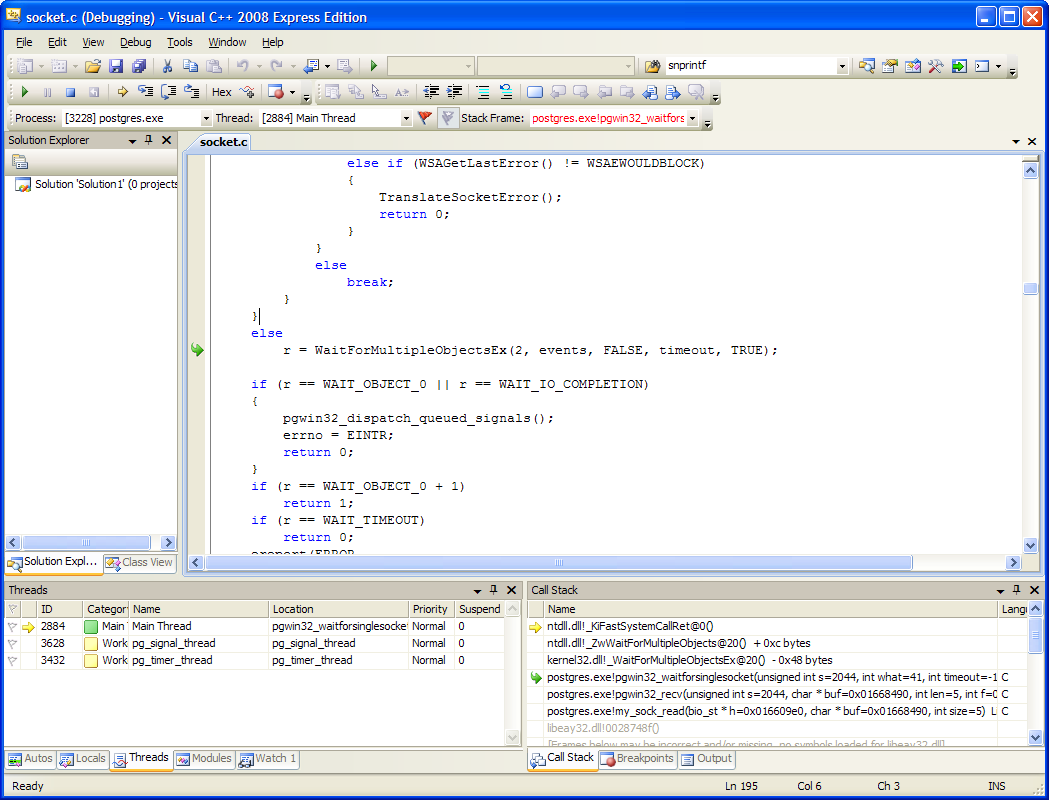


Oracle, DB2, SQL Server and even MySQL carefully version collation data, hardcode a pseudo-linguistic collation into the DB (like PG does for timezones), and if they provide updates to linguistic. We can use the psql prompt for writing various commands and queries interactively and execute them to the PostgreSQL for having results. PostgreSQL is doing: just give users a 'warning' after suddenly changing the sort order algorithm (most users won't even read warnings in their logs). The psql prompt is an interactive interface front-end to the PostgreSQL same as terminal provided with its default installation. The most recent Confluence logs from the Home Directory (if you're having problems starting Confluence). The PostgreSQL supports various commands which we can execute from the psql prompt.Any error messages from the transfer process, if any When EDB Postgres Advanced Server is used to create a collation that invokes the ICU components to produce the collation, the result is referred to as an ICU. To check for non-default collations on columns, you can use the following query: select tableschema, tablename, columnname, collationname from lumns where collationname is not null order by tableschema, tablename, ordinalposition To find the collation of the database, you need to query pgdatabase: In.Restart Confluence and perform a checkout.Ĭontact Atlassian Support and provide the following information:.
#Postgres collate update
Update the value for the property within the / file to point to the new database.Migrate the data to the new database with Pg_dump.Please refer to Database Setup for PostgreSQL Create new database with the correct Collation and CType.Rebuild the content indexes and perform a checkout.Be sure that the ID used to run Confluence has full permissions over the attachments folder. If the XML backup did not include attachments, copy the attachments folder from the original Confluence instance to the new instance.Once the setup has completed, restore the site XML backup.
#Postgres collate install


 0 kommentar(er)
0 kommentar(er)
